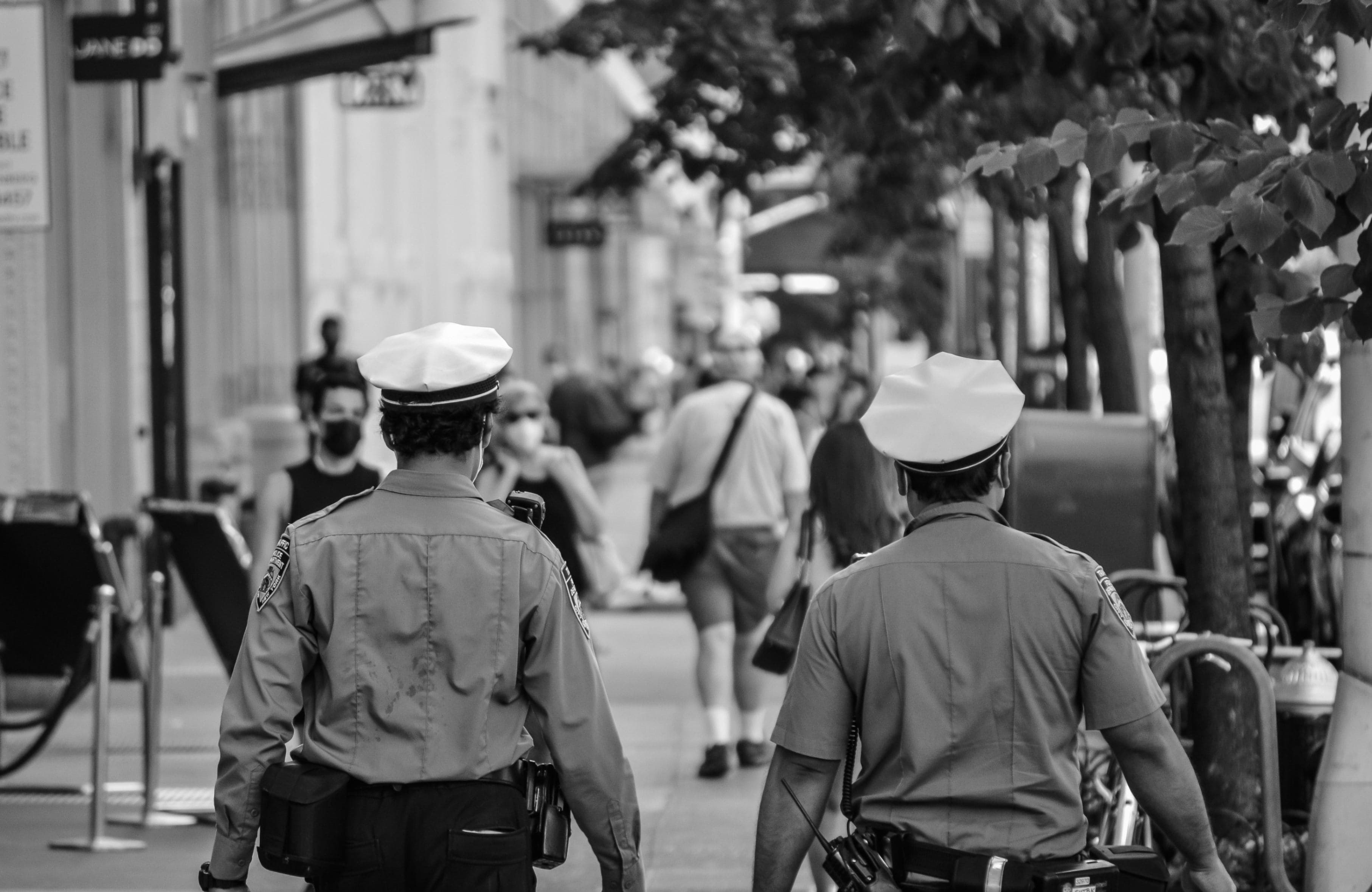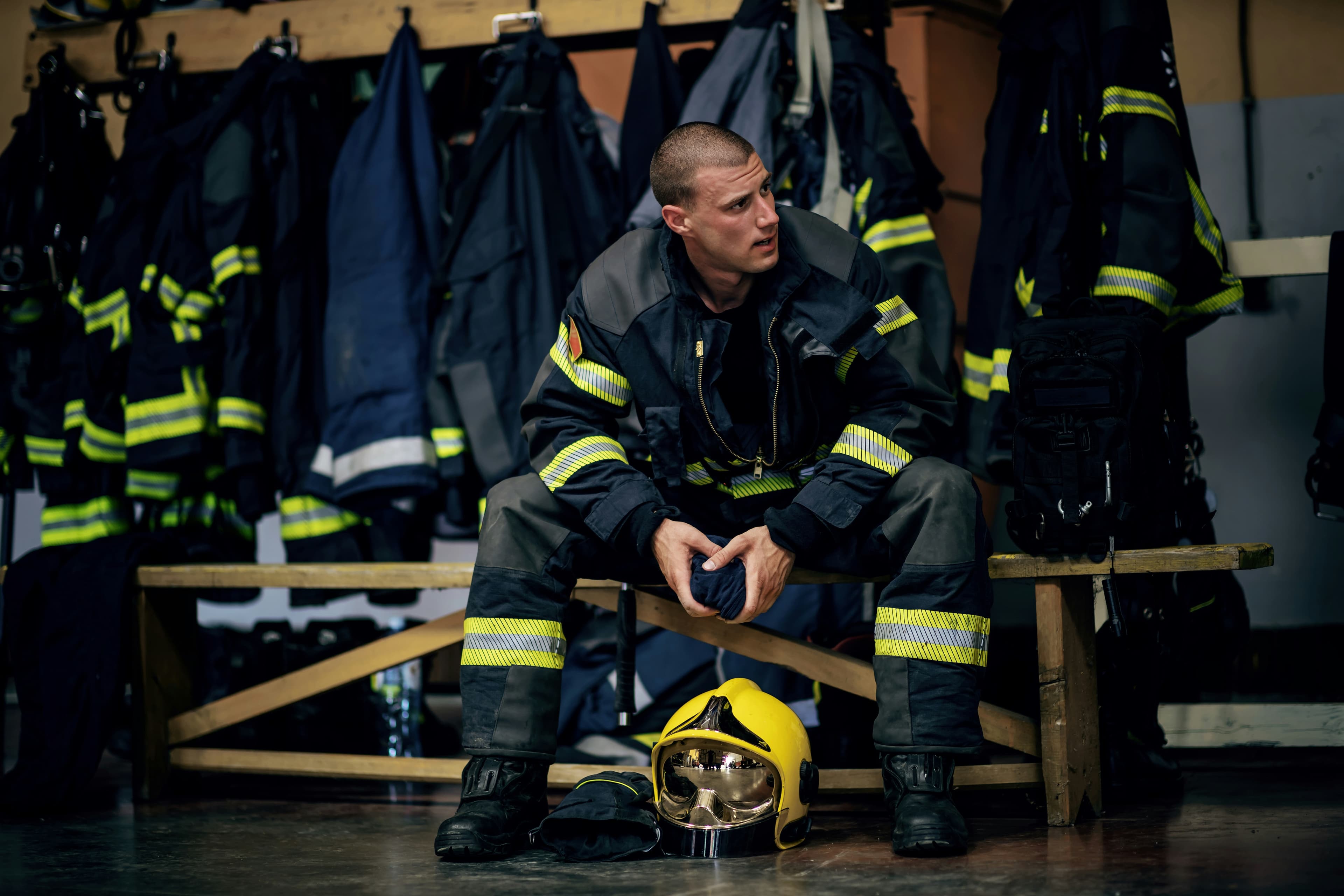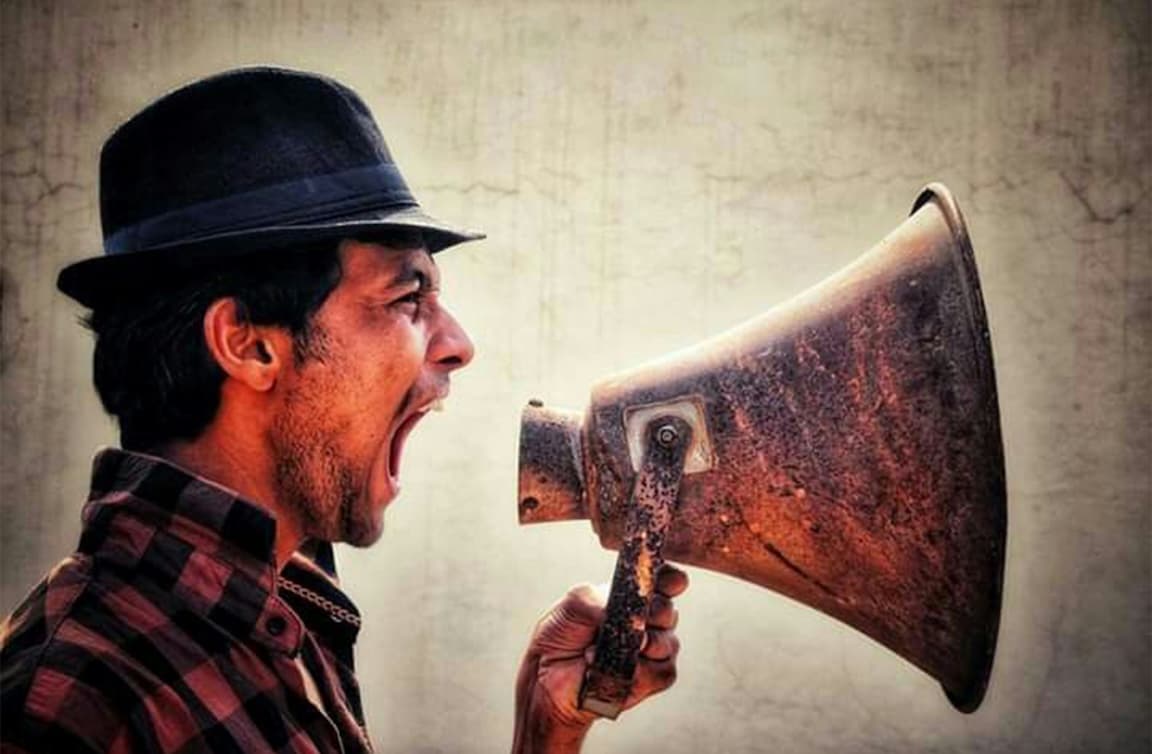
The Rookie Year: What Every New Police Officer Should Know
My first year in law enforcement was a journey of growth, responsibility, and constant adjustment. When I first put on the uniform, I thought I had a good idea of what would be expected of me. I had gone through training, I had read the laws, and I had spoken with veterans in the field. But nothing fully prepared me for the real-life trials and personal development that would come in the months ahead. I quickly realized that discipline wasn’t just a requirement, it was a way of life. That discipline had to touch everything I did, from how I behaved, to how I used my time, to how I carried myself emotionally and mentally in every situation.
Discipline in Behavior
The first noticeable shift I experienced was in my behavior. Wearing the badge is not just a job title, it’s a symbol of trust, authority, and responsibility. I learned early on that my demeanor had to reflect those values every minute I was in uniform. Whether I was interacting with a victim, issuing a summons, or simply walking into a convenience store at lunch, people were watching. My facial expressions, posture, and reactions had to be measured and professional. A study in the Journal of Criminal Justice found that public perception of officers is significantly influenced by how they present themselves, even in minor interactions1. That meant I had to control my emotions, especially in stressful or confrontational situations.
It’s not easy. There were times when I had to bite my tongue or walk away from a heated exchange because responding with frustration would have escalated the situation. I also had to understand the power of restraint. The difference between using necessary force and excessive force often comes down to a few seconds of self-control. Making the right decision in those moments isn’t just about training; it’s about the discipline to remain calm and focused, even when adrenaline is high. Behavioral discipline also extended beyond my shifts. I had to be mindful of how I acted off-duty, at the gym, in restaurants, or even online. The line between personal and professional image was blurred. As research has shown, public trust in law enforcement is tied to both on- and off-duty behavior2.
Discipline in Time Management
My schedule during the first year was anything but predictable. There were long shifts, overnight calls, court appearances on days off, and last-minute changes due to emergencies. I quickly realized that time management wasn’t just about being punctual, it was about preserving physical and mental energy for the demands of the job. Studies in the Police Journal: Theory, Practice and Principles have shown that irregular hours and sleep deprivation can increase officer fatigue and decrease performance3. I started planning my days with more intention. I carved out time for meals, sleep, and workouts, even if it meant saying no to social events.
Physical fitness became a priority, not for vanity, but because my safety and the safety of others depended on it. If I wasn’t p
Read-Only
$3.99/month
- ✓ Unlimited article access
- ✓ Profile setup & commenting
- ✓ Newsletter
Essential
$6.99/month
- ✓ All Read-Only features
- ✓ Connect with subscribers
- ✓ Private messaging
- ✓ Access to CityGov AI
- ✓ 5 submissions, 2 publications
Premium
$9.99/month
- ✓ All Essential features
- 3 publications
- ✓ Library function access
- ✓ Spotlight feature
- ✓ Expert verification
- ✓ Early access to new features
More from 2 Topics
Explore related articles on similar topics





